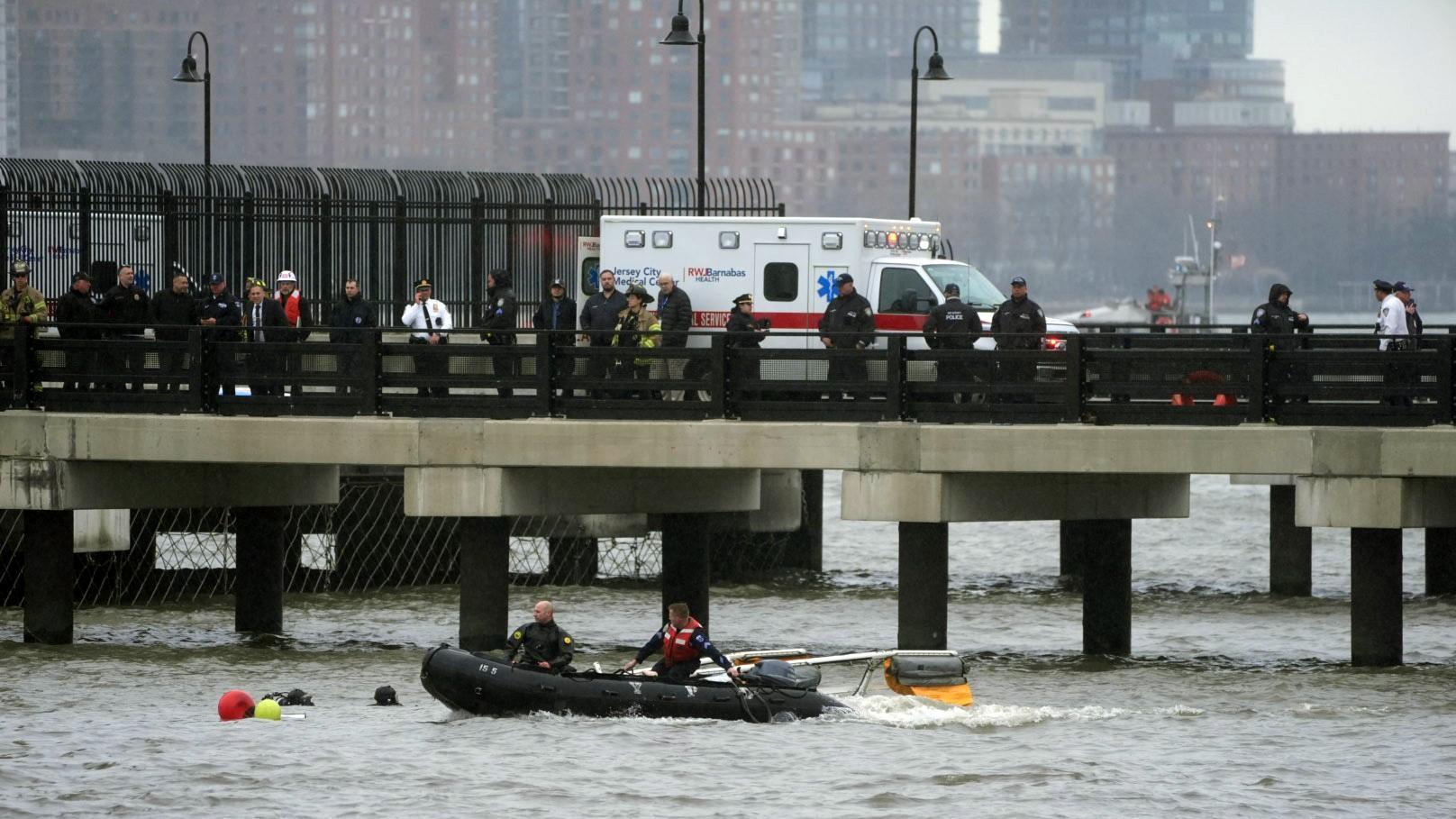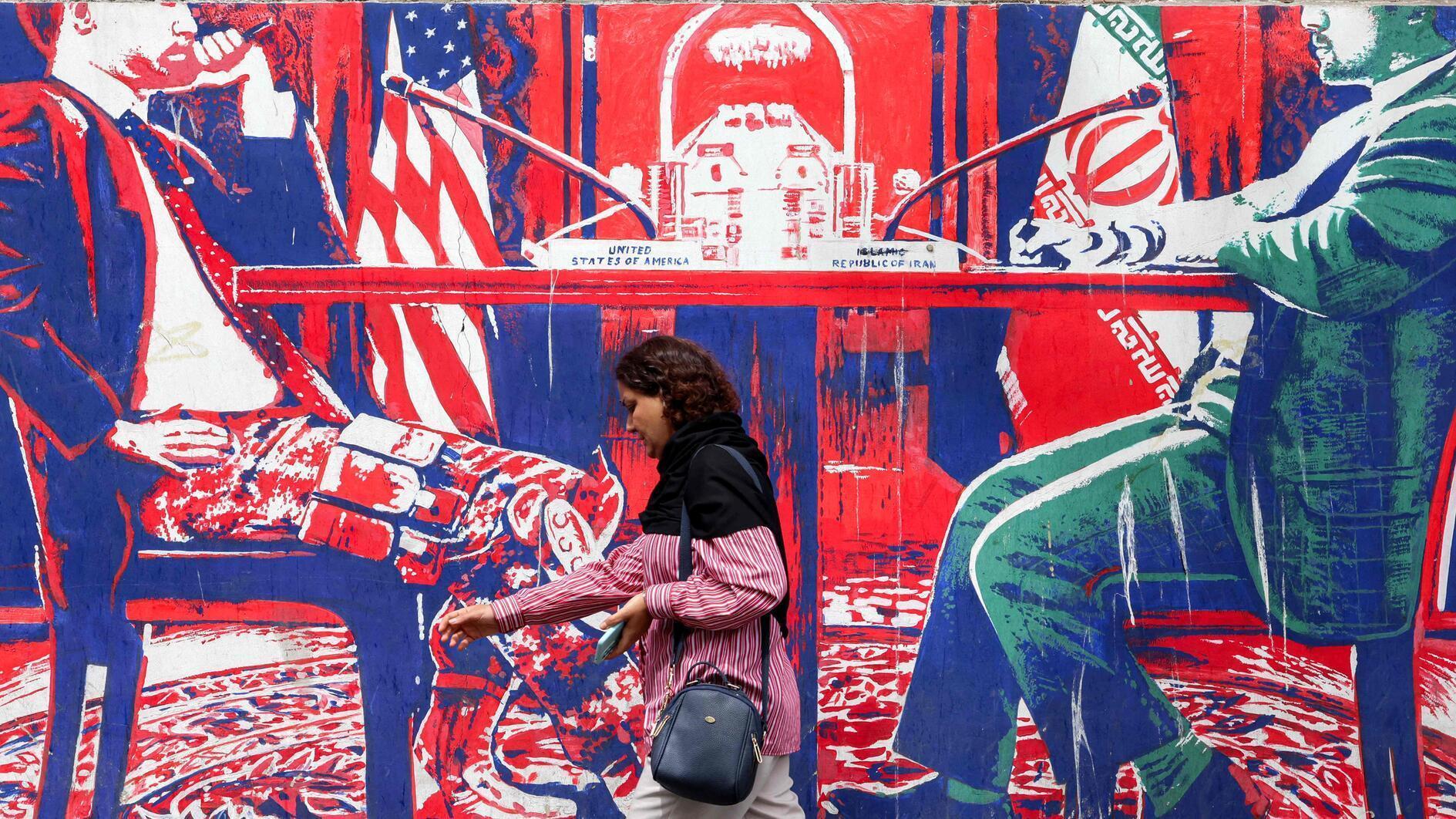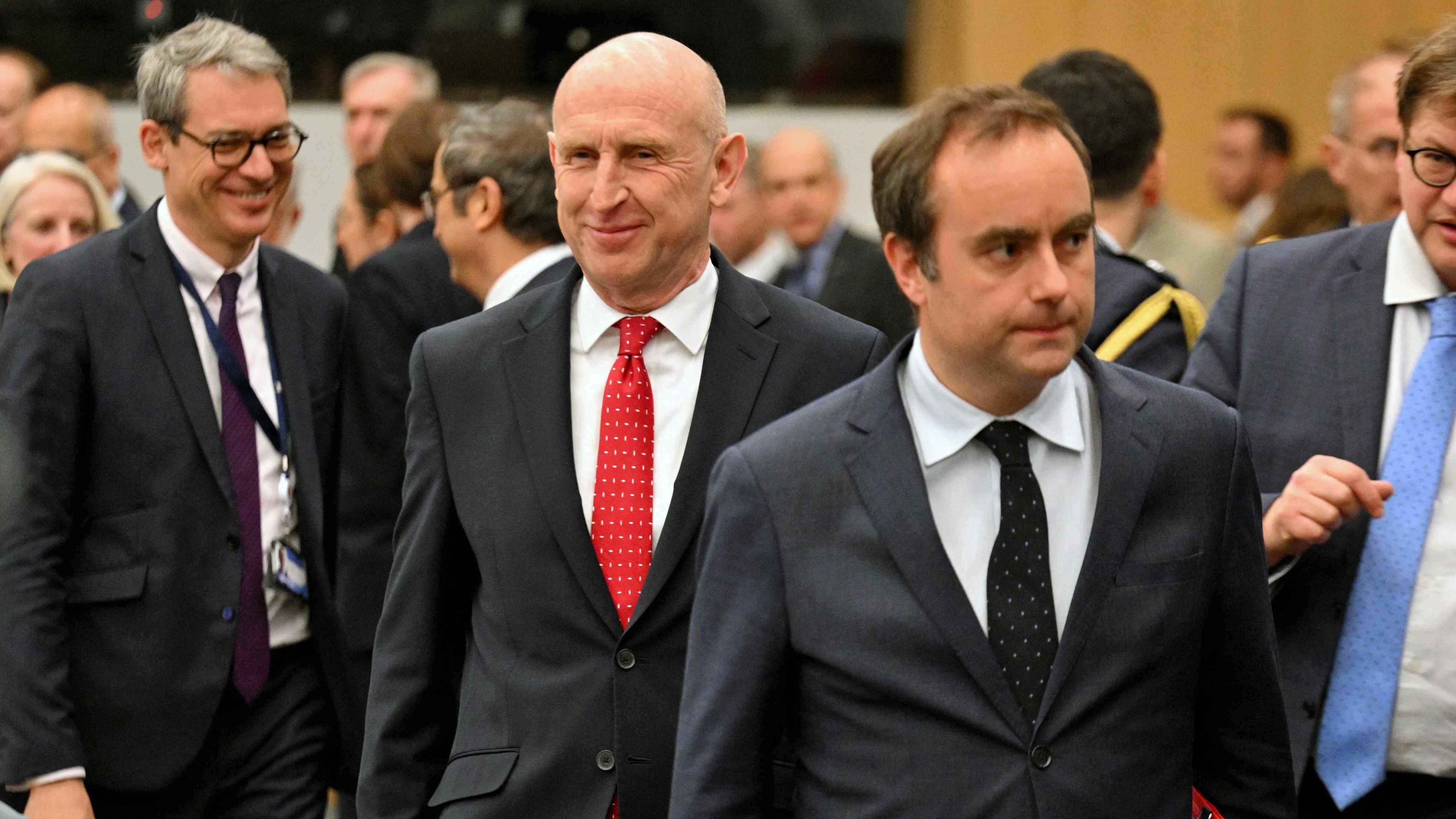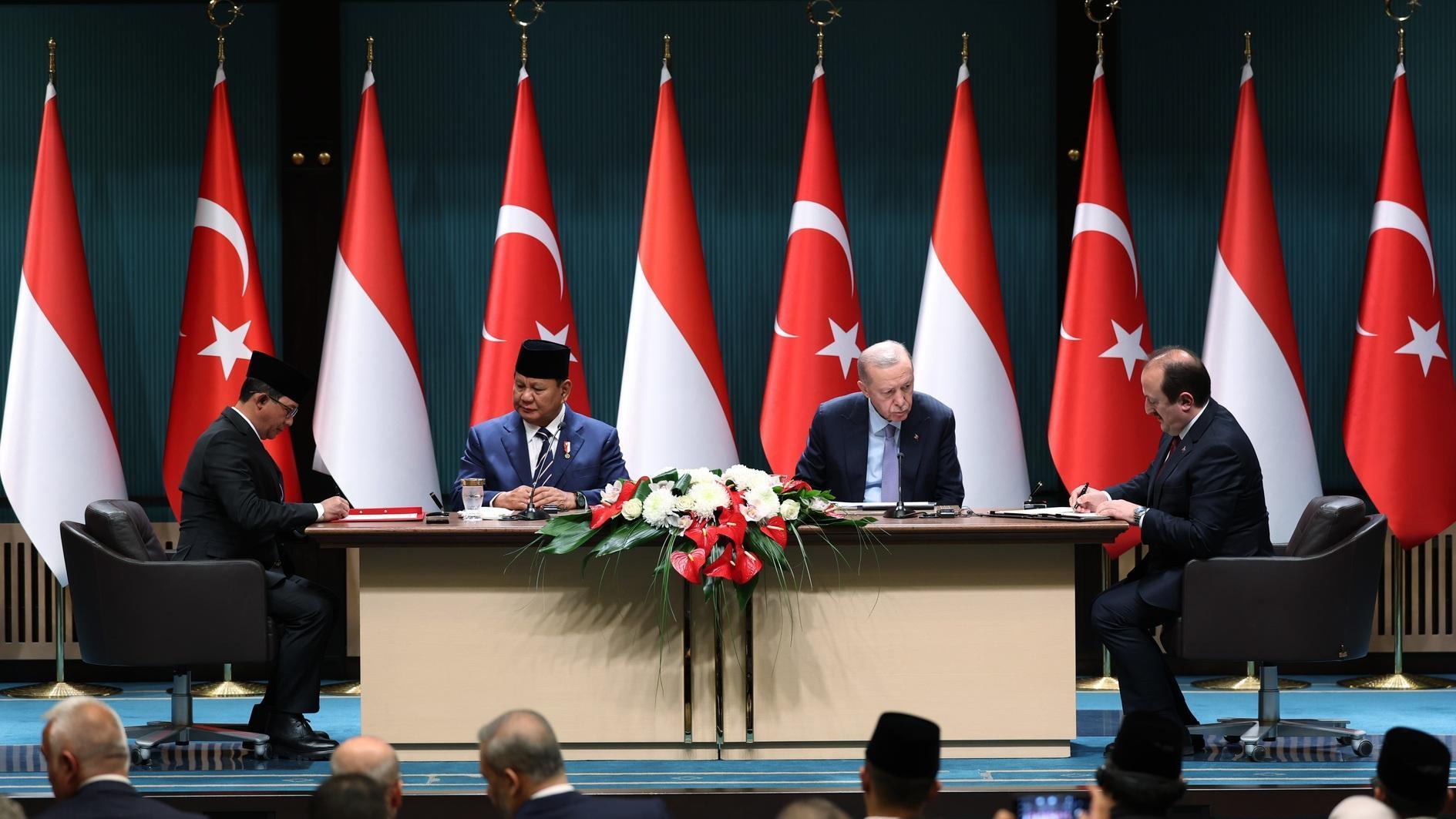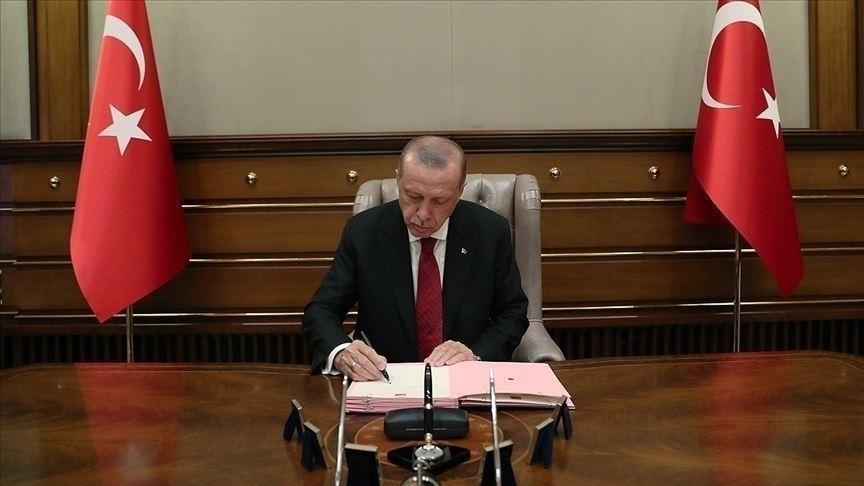Freedoms For Turkish Ulama: Can Ulama Rock Please?
Pinar Tremblay
When I first saw the news on the rocker imam being investigated by the Directorate of Religious Affairs, I thought it was Zaytung news. You may recall earlier this year the DRA made an announcement on one of the Zaytung articles about an atheist imam. Jokes can get complicated in Turkey. Well this time the news was not a joke. There really is an investigation against an imam who was singing with a rock band.This is not the first time a controversy about ulama (clergy) has made the news. Indeed, AK Party has been confronting the imams in Turkey and abroad. Remember during the Gezi protests, Bezm-I Alem Mosque in Dolmabahce Istanbul, had a muezzin who gave a testimonial which went against the government rhetoric. Did the Gezi protestors enter the mosque with shoes and consume alcohol? The Muezzin agreed with the first accusation as they were in a rush to seek refuge from tear and pepper gas, but he stood his ground that he had not witnessed any alcohol consumption.
The Turkish government’s grip on religious figures goes beyond borders. Erdoğan scrutinized Al-Azhar Sheikh recently for his support of the military coup in Egypt. The head of the Organization of Islamic Cooperation (OIC) has not been spared from criticism either, for his stance on Egypt. All of these examples are rather recent, within the last couple of months. The relationship between religion and politics has always been intriguing. For years, in Turkey the battle of laicité has strained the balance between religion and politics. Many times the blame has been assigned to religion. Religion should not be used to manipulate politics. What is more mind-boggling for Turkey is that religion, at least Sunni Islam, has always been under strict control of the government. The Directorate of Religious Affairs (DRA) is responsible for the repair and upkeep of all Sunni mosques, the salaries of imams and other personnel in Turkey and abroad. The DRA is placed right under the Prime Minister’s Office. Its 2013 budget is considerable, larger than 11 Ministries, leaving behind the Interior and Foreign Ministries.
However, is the existence of the directorate in the best interest (maslahat) of the Turkish public?
There are several matters to discuss about the DRA and definitely its services are remarkable, its investment in women vaiz (preachers) in the last years in particular should be appreciated. However, the DRA first and foremost serves exclusively Sunnis. Its financial or moral assistance to other Muslims, Christians, Jews, or atheists is none. It is a daunting task to explain where the DRA stands either in an Islamic or a secular state. It benefits from the tax payers’ money but represents only some of them.
Then if you look among the Sunnis, is it really a compliment that Friday hutbes (sermons) are “given”
by the DRA to each mosque? Should not each imam have the freedom to write and present his own sermon, sustain his own mosque and congregation? In the day and age where almost anyone can setup a webpage and explain “Islam,” should not the ulama have a bit more freedom to express its views? It is the state that educates them but then fails to trust most them to be independent? When imams are state employees, are the mosques state buildings as well? On a theoretical level the issue really gets more complicated. We see that the “fear of religion” from the 1920s has endured.
Many Turks feared religion would shape politics; however, if we turn the statement on its head we should question the instances when politics has shaped religion in modern day Turkey. Maybe it is time the ulama seeks freedom as well from the government? The first step may be allowing the imam to enjoy his music?


